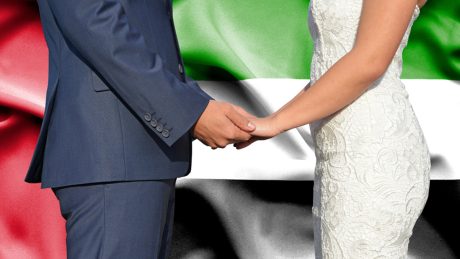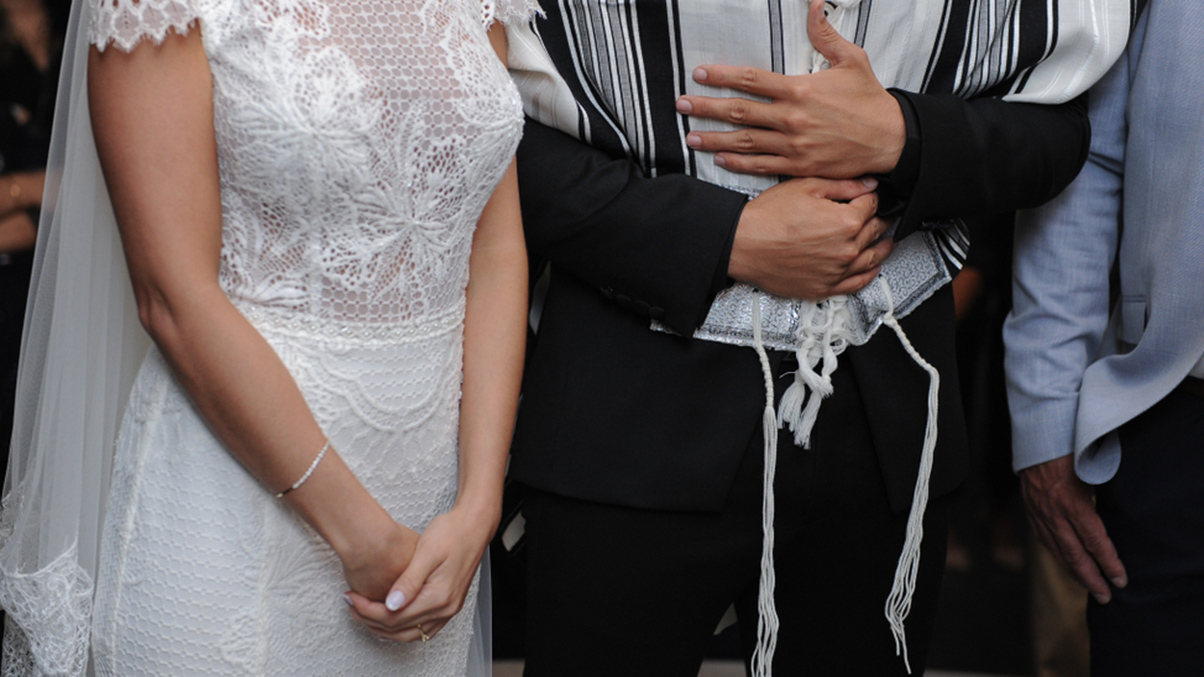The United Arab Emirates (UAE) has enacted significant legal reforms in the past couple of years, bringing it more in line with Western principles in relation to marriage, divorce and child custody. Hannah McCrindle examines these reforms and how they will affect how we work with the UAE on multi-jurisdictional cases, particularly in relation to the most advantageous forum in which to initiate divorce and financial remedy proceedings.
The UAE has long been a hot spot for expatriates. Latest statistics show that its population is made up of some 200 nationalities, with expatriates outnumbering Emiratis nine to one. Due to the growth of the expatriate community, the UAE government has overhauled its legal system with the aim of keeping pace with Western ideals and providing an appealing lifestyle for both residents and visitors.
The past two years have seen a wealth of reforms to criminal and family law in the UAE. In November 2020, Dubai took the first noteworthy steps by decriminalising alcohol consumption and sex outside of marriage, an enormous change from its historical laws. In addition, significant changes to its Personal Status Laws now enable non-Emiratis to implement their home country’s laws to their domestic affairs. In other words, issues surrounding divorce and inheritance will not necessarily attract the application of Islamic Sharia Law for expatriates as it previously would.
In November 2021, Abu Dhabi took even greater steps towards Westernised principles by introducing the concepts of civil marriage, no-fault divorce and joint child custody. Abu Dhabi is historically the more conservative of the two largest Emirates, so the extent of the changes introduced came out of the blue.
Changes introduced in Dubai in November 2020
Application of law upon divorce
While Dubai is not the largest of the seven Emirates, it has the biggest population and the most Western influence. Given the high proportion of foreign nationals living in Dubai, pressure has been building for some time for the government to modernise its federal laws. The first steps towards this have now been taken.
The law relating to divorce in the UAE is called the Personal Status Law. It is based upon Islamic Sharia principles and applies to all family law matters irrespective of the parties’ nationality or religion.
In November 2020, the Dubai government introduced ways in which disputed cases of non-Emiratis can be dealt with under the law of a foreign jurisdiction. Historically a party could petition the Dubai court to apply the law of the country to which one of the parties was a national, with the husband’s nationality taking precedence. However, this was hard to do in practice and wasn’t necessarily advantageous in any event. The amendments introduced in November 2020 widen the jurisdictional scope and allow for the marriage and any resulting divorce and financial remedy proceedings to be governed by the law of the country in which the marriage took place.
Given the popularity of destination weddings, this amendment opens up further options in terms of jurisdiction. However, when a couple chooses to marry on a beautiful sandy beach in the Maldives, are the laws that apply if the marriage ends in divorce something they are realistically going to consider?
Despite these amendments, succeeding in a request for the Dubai courts to apply a foreign law is not guaranteed. All applications remain subject to the following onerous conditions:
- The court needs to be provided with a legally attested copy of all the relevant parts of the foreign law to be applied translated into Arabic.
- The relevant parts of the law must be easy to interpret to enable its direct application by the court.
If either of these stipulations is not satisfied or a small extract of the relevant law is missing, the court will revert to applying Sharia Law. It is, therefore, advisable to seek expert advice from representatives in both Dubai and the country of marriage before going down this route.
Wider scope of the amendments
The amendments introduced are not limited to divorce, they also cover Wills and inheritance. Under Sharia law, mandatory rules of division are applied between certain members of the deceased family, regardless of the wishes of the deceased. These mandatory rules favour male family members over females, something of significant concern to foreign individuals living in Dubai. Under the new laws, a non-Muslim can now specify in their Will the law which they wish to apply to the division of their UAE assets. Where there is no Will in place, the laws of a person’s home country will be applied. This removes potential conflict during the administration of a person’s estate, whilst ensuring that more equitable division of assets is achievable in line with a person’s wishes.
In a further bid to make Dubai a more attractive place for foreign nationals to live, alcohol consumption and cohabitation before marriage have now been decriminalised. This represents a huge (and welcome) cultural shift. While these laws were not regularly enforced, the risk was always there; having a glass of wine with a housemate of the opposite gender was technically illegal. Broadening these personal freedoms highlights Dubai’s attempts to keep pace with Western society and a rapidly changing environment.
Changes introduced in Abu Dhabi in November 2021
Almost exactly 12 months later, Abu Dhabi followed Dubai’s lead and announced amendments to its federal laws. Not only have these amendments gone beyond those introduced by its neighbour, but they have also gone beyond what is available in England by introducing no-fault divorce.
Abu Dhabi has historically been the more conservative Emirate of the two, with its Sharia Law principles at the epicentre of its culture. Marriage was to be conducted on a religious basis only, fault was required to pursue a divorce, and there were strict rules in respect of how children matters were to be dealt with following separation. The latest amendments have completely overhauled these historical laws and their application to expatriates, allowing civil marriages, no-fault divorce and joint child custody. These changes are monumental and are to be applauded.
The key amendments for expatriates living in Abu Dhabi
The new secular law that came into force in Abu Dhabi in December 2021 is a significant step forward. Among other things, it provides for:
- Birth certificates to be issued for children born to unmarried foreign parents (subject to the father accepting paternity)
- Marriage, divorce and inheritance to take place outside of religious codes and principles
- Non-Muslim couples to marry based on their “will” without the need for the wife’s guardian’s consent or a pre-marital examination to confirm that she isn’t pregnant
- Civil marriage
- No-fault divorce that either spouse can instigate without the need to go through the family guidance stage or attend mandatory mediation sessions
- Wider discretion for the Abu Dhabi courts when assessing financial claims following divorce, to include considerations such as length of the marriage, the parties’ ages and their resources (in addition to other factors akin to what an English court would apply)
- Joint and equal child custody to be the default position
- Equal distribution of inheritance between a spouse and children in the absence of a will, irrespective of gender.
These changes represent a giant leap in terms of gender equality and the rights and freedoms available to expatriates living in Abu Dhabi. They signify the biggest overhaul of the UAE legal system in many years and bring the country more in line with other international practices.
Application of these changes
As with all things related to the law, application of these amendments is not necessarily guaranteed or plain sailing.
First and foremost, the new secular system is only available for non-Muslim foreign nationals living in Abu Dhabi. They do not apply to non-Muslim Emiratis or Muslim foreign nationals. Furthermore, expatriate couples need to actively ‘opt in’ to the secular law system to benefit from these changes. This means that should one party opt to enter into the Sharia Law system instead, the latter will prevail and prevent the secular law system from being applied.
Impact of the amendments
The recent overhaul of the UAE laws is a welcome breath of fresh air, but many questions remain about their applicability in practice and the majority are yet to be tested. Those of us working in the field watch with keen interest to see if and how these changes are implemented and if the desired effect is achieved. In the interim, while so many unknowns remain, British expatriates living in the UAE are likely to be better protected and receive a more equitable resolution to their family law matters by proceeding under the jurisdiction of the English courts.
You can find further information regarding our expertise, experience and team on our Divorce and Family pages.
If you require assistance from our team, please contact us.
Subscribe – In order to receive our news straight to your inbox, subscribe here. Our newsletters are sent no more than once a month.





